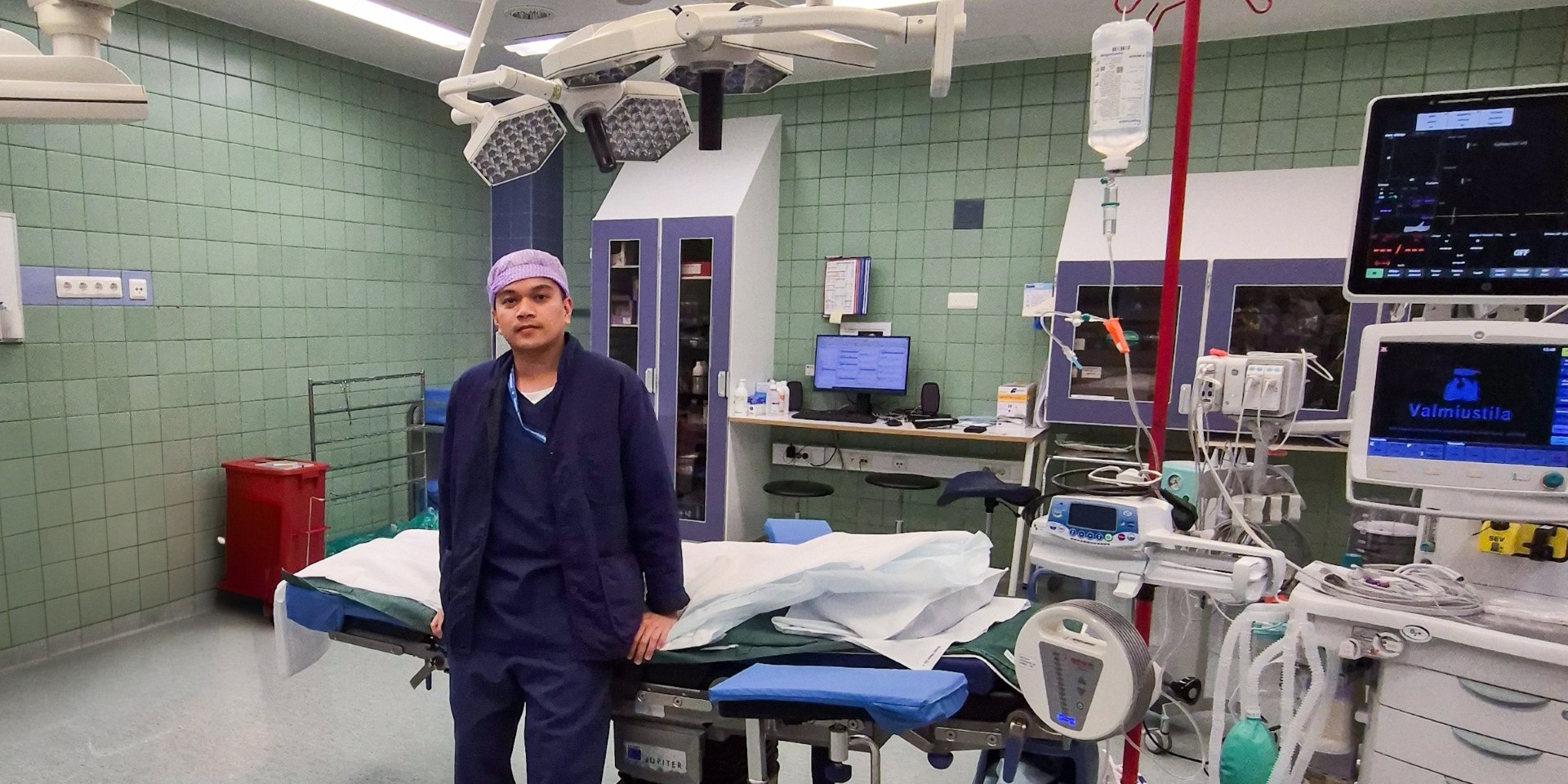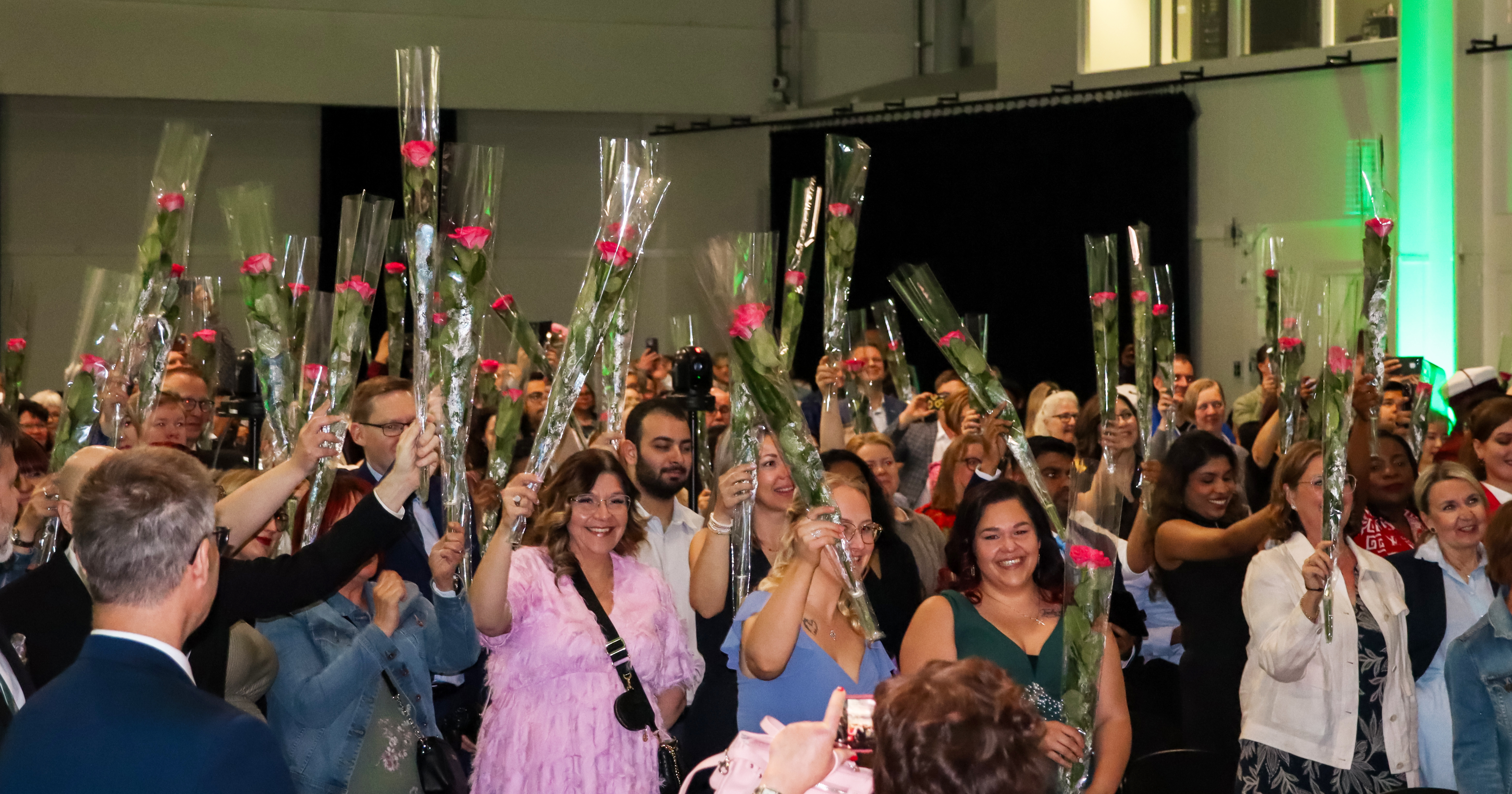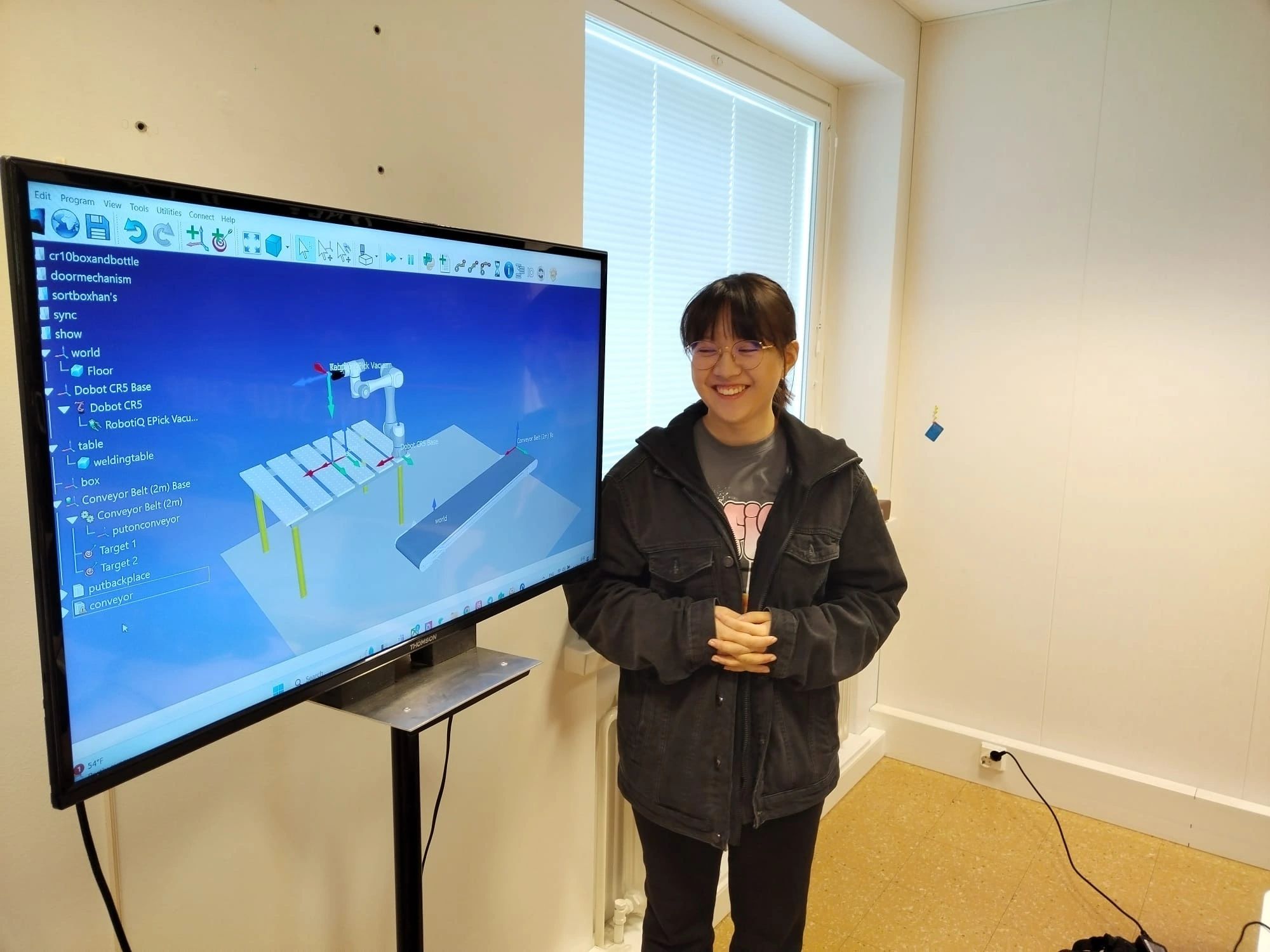European physiotherapy teachers and students develop courses together
Students and their teacher from SAMK have developed physiotherapy education together with European partners in European Network of Physiotherapy in Higher Education (ENPHE).
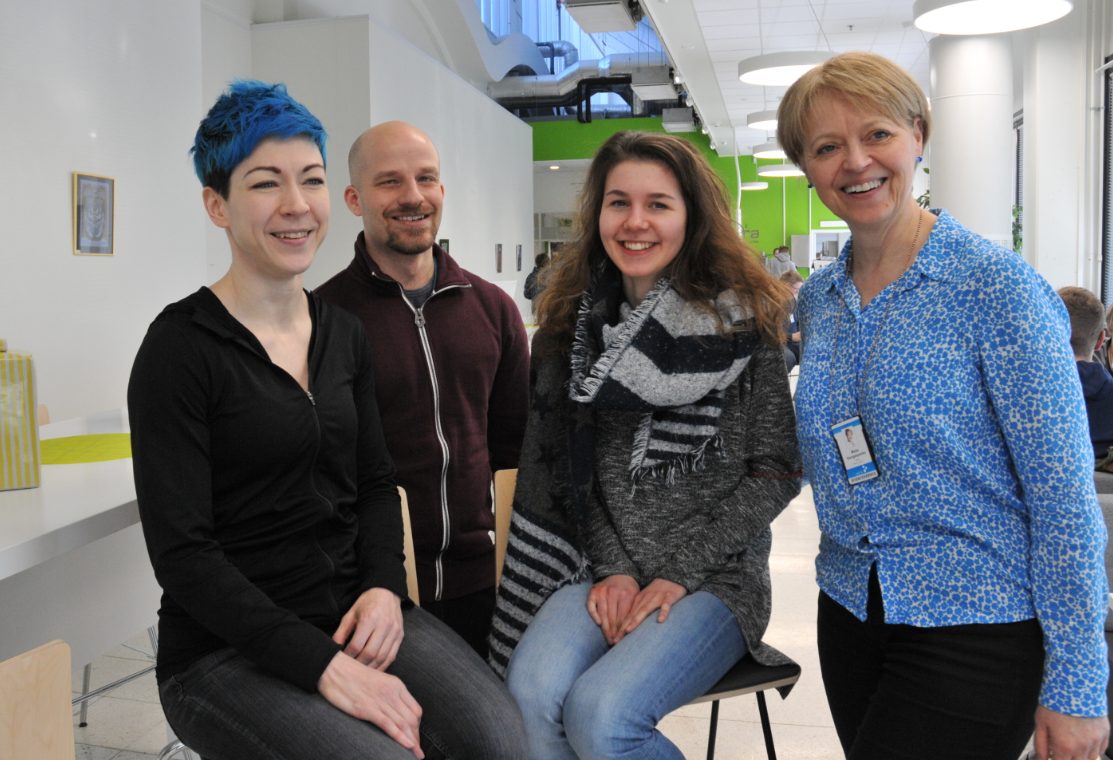
Elina Pettersson, Matthias Rigal, Lea Heinrich & Maija Kangasperko
Clinical reasoning is a core element in physiotherapy, as all the interventions are based on it. On the newly developed course on clinical reasoning students solve patient cases in international pairs of 2 x 2. Students and teachers have done all the work together from the very beginning : planning, developing, producing the material and piloting the course.
– I would say that the biggest benefit to me of being involved in this process of co-creation was to have a new perspective of students’ standpoints and values. During the process of co-creation of this blended learning course we have been working with students from more or less 6 or 7 different universities, says Griselda Gonzáles Caminal from Vic-Central Catalonia University.
Co-creating in mixed croups was eyes-opening
According to Gonzáles Caminal it was truly interesting to cope with the gap between “roles”. Working with students made the teachers realise that as teachers we forget to step back sometimes.
– It is difficult for students to follow our speech and the materials we design for them to improve their professional competences. They tend to say that we were using “teachers’ talk” and that some of the sentences or items did not mean anything for them in the way those items were written.
– Teachers and students really working together in mixed groups was eyes-opening and productive, confirm students Elina Pettersson, Matthias Rigal, Lea Heinrich and their teacher Maija Kangasperko.
Gonzáles Caminal and Maija Kangasperko as well as the students found the co-creation quite beneficial in improving the final outputs. At the same time, it also allows students to understand teachers’ work.
Working with teachers from other countries also expands one’s professional point of view
Moreover, courses implemented internationally offer all students a possibility to experience internationalisation somehow.
– There are lots of students willing to go abroad who don’t have the chance due to economical or personal situations. So, this course lets those students to be in an international environment, learn to know new people from other countries and increase their competence in English as a second language, continues Gonzáles Caminal.
She and Kangasperko feel that they have been feeding each others’ creative and innovative thinking
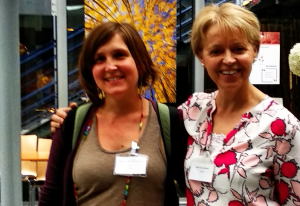
– At the same time, working with teachers from other countries also expands my professional point of view, allows sharing view points and having stimulating discussions about good practices in higher education. Especially working with Maija Kangasperko, who I didn’t know when we started the project, was quite surprising, in a really good way. It has been easy and challenging to work together, and we made our best. I really feel that we both learnt quite a lot from each other.
FACTS: Learning Clinical Reasoning course (4 ECTS credits)
- .Students work in 2 x 2 pairs, eg. one pair of students from SAMK, another from Catalonia (the pair consists of aa patient and a physiotherapist); they simulate the cases that are written in the co-creating process; the two physio’s clinical reasoning processes and interventions are videorecorded and then analysed and given feedback – it’s easier to receive the feedback from another university, say the students
- Other educational organisations (7 countries) have been involved with the process after the piloting phase
- The official course has been included to the developmental work of ENPHE European Network for Physiotherapy in Higher Education
- Course has be carried out in pilot phases three times and after that the official course has been implemented three times
- .If a new partner wants to use the material, they are welcome but expected to create a new case for everybody’s use in the network
- SAMK student are at this moment producing the course manual in video-format for teachers and students
Further information at SAMK: Maija Kangasperko & Viveka Höijer-Brear
